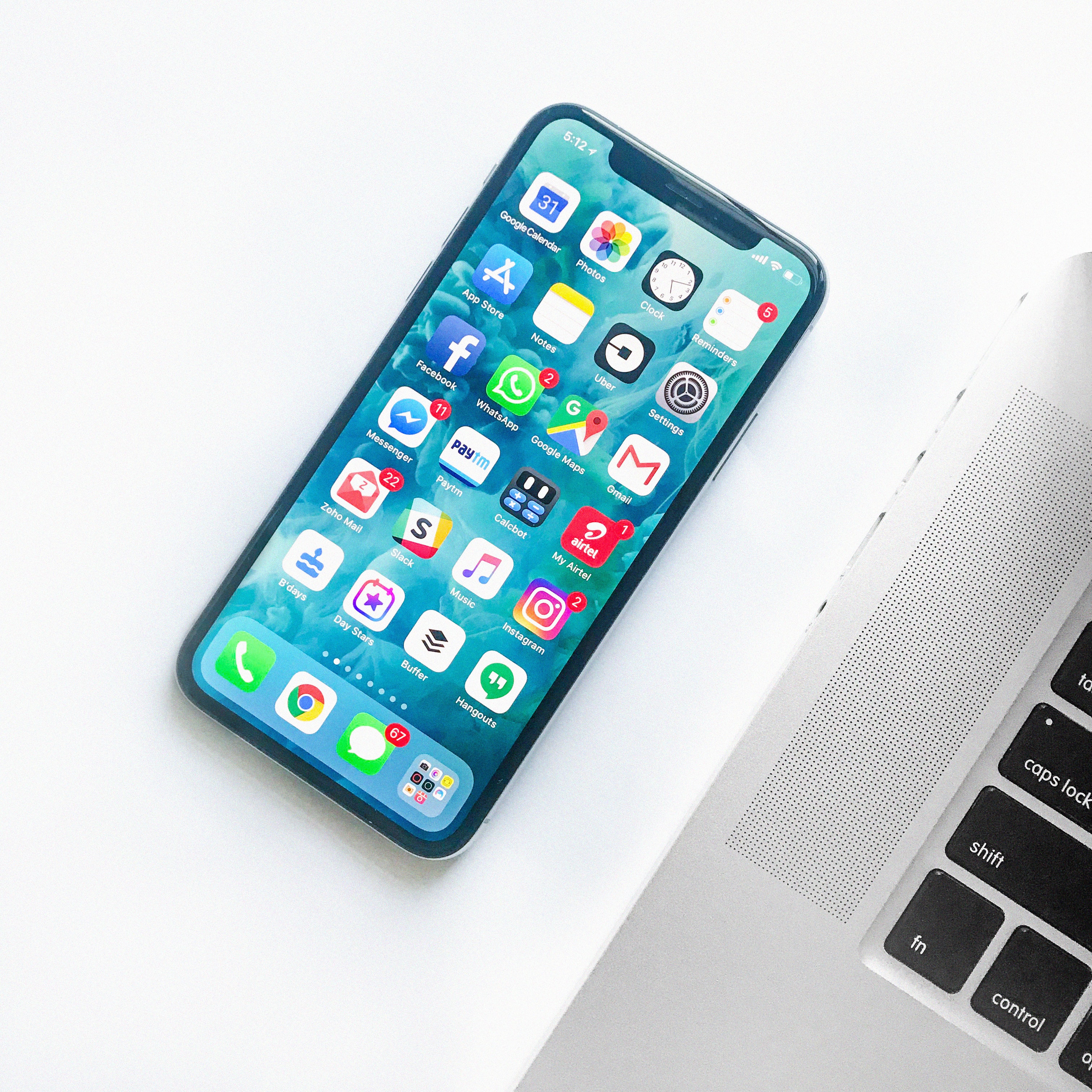The pandemic has changed how we communicate and many businesses now use personal communication apps like WhatsApp to reach their employees. But is WhatsApp good for business? Here’s everything you need to know.
When Covid-19 limited our ability to see and spend time with our loved ones, personal messaging platforms like WhatsApp and Facebook Messenger were great for helping us to feel and stay connected.
However, the features that made these channels great for personal use - their ease of use, convenience, and the fact that they are free - also brought them to the attention of employers, who were forced by the pandemic to quickly find new communication channels to keep them connected with their now-remote employees.
The pandemic has since transformed how we work and communicate away from the office. The hybrid working model has become widely accepted and embraced, with many employers having established new and more reliable communication processes and channels, using dedicated workplace communications software.
However, for some, messaging apps like WhatsApp are still being used for business communications as a quick, easy, and "cost-effective" way of reaching staff on their mobile devices.
So is WhatsApp good for business? Are WhatsApp chats a safe and reliable way to convey important business information? Here’s everything you need to know.
The impact on your business
WhatsApp share its data with Facebook
The recent changes to WhatsApp’s privacy policy in its T&Cs mean that some of the information shared – which can include sensitive and personal data – is no longer protected. Here is the new policy:
“As part of the Facebook family of companies, WhatsApp receives information from, and shares information with, this family of companies. We may use the information we receive from them, and they may use the information we share with them, to help operate, provide, improve, understand, customize, support, and market our Services and their offerings.”
The new policy means that personal data, such as phone numbers, contact information and diagnostic data, is now shared with parent company Facebook, which can expose your business to a multitude of security risks when people outside of your organisation are able to see information you might not want them to see.
WhatsApp themselves don't recommend it for business use
Under their own terms of service, WhatsApp state that legal and acceptable use of the platform does not include being used for business or professional purposes:
“You will not use (or assist others in using) our Services in ways that:
(f) involve any non-personal use of our Services unless otherwise authorized by us.”
By including this in their T&Cs, WhatsApp are covering themselves against the risks that businesses are exposed to with work-related communications. In other words, if you face a security risk or data breach as a result of using the platform for circulating company information to your team, you can’t blame WhatsApp – unfortunately, you were warned!
WhatsApp isn't compliant with GDPR
Both WhatsApp and Facebook have been criticised in the past for failing to adequately protect their users’ personal data. As a communications tool designed for personal use only, WhatsApp lacks the privacy and security that come as a standard feature of professional employee apps, while passing the responsibility for ‘consent’ to the individuals who use it. This means that where the individuals are your own employees, you could be held liable for any GDPR breaches.
All it takes is a quick search online of companies that have recently suffered data breaches - British Airways, H&M and Google, to name a few – to see just how risky it is to your business to use non-GDPR compliant tools for workplace communications, and the fine you risk paying will inevitably be much greater than the cost of paying for a dedicated internal communications app. It's not just the large corporations and enterprises that can be hit - small business owners are at risk too!

The impact on your team
Lack of management can lead to confusion...
WhatsApp is a great way of keeping all of your personal conversations with individuals and groups of people in one place. In a business context though, multiple chats that are not properly managed and monitored can be chaotic for both employer and employee to deal with.
For employees, this can be as simple as having to remember the purpose of each group chat and where specific information is shared. From an employer’s perspective, it can mean having to remember to add, update and remove users manually in each chat.
This means there’s a high chance that leavers can be overlooked and will remain in groups where they receive information they really shouldn’t. Both of which take up time and effort to do, which means less time and effort spent doing valuable and productive work that contributes to your business.
... So can multiple groups and messages
WhatsApp allows up to 256 participants to join a single chat group, which can be great for personal use if you want to share an update or information that needs to reach a lot of people at the same time, like extended family, wedding attendees, or a large group of friends going on holiday together, for example.
For work though, this can create complications when your organisation has more than 256 employees that you need to share mass communications with. It can inevitably be worked around by setting up multiple groups; however, not only is this impractical, it can also be an admin nightmare, both having to manually set up groups to include specific individuals (whether by team, department or simply in alphabetical order) and then remembering to post the same message into each group.
It blurs the line between work and life
WhatsApp is still one of the most popular ways of communicating with friends and family. By integrating WhatsApp into your internal communications strategy, the expectation you are placing on employees to use WhatsApp for work makes it harder for them to enjoy the app for personal use. They have to become more mindful of how they use it, wondering if the display name and profile photo they chose when they installed the app would still be appropriate in their boss’s eyes, while also making a more conscious effort to avoid posting messages into the wrong group.
Combine this with notifications coming in at any time for both private and work chats, and it suddenly becomes harder for your team to step away and regain some space and time to relax, as the requirement to be reached via a personal communication app on their personal device intrudes on their life outside of work.

Improve your internal communications with a secure, dedicated employee app
Taking all of the above risks into consideration, there’s no doubt that the best way to keep your business secure and your team more motivated is to provide them with a dedicated app designed for workplace communication.
Take the Thrive app, for example. Our GDPR-compliant platform leverages a layered security approach to ensure your company information and assets are always secure, while our content delivery enables you to manage your user roles and segment your audience so that your employees only see the data and information appropriate for them. Our Insights feature also lets you gather feedback and view insights on content engagement while anonymising your employees’ data, which removes any possibility of personal data being captured or exposed.
All of this is possible because behind the scenes our own internal security and data processes are regularly reviewed to ensure the highest levels of protection when it comes to organisation and employee data. On top of that, our Mobile Application Security Verification and independent testing means we are constantly evolving our platform security mechanisms to maintain industry-standard levels of technical development. In other words, employee apps don’t get much more secure than Thrive’s!
Not only that – other features that make our app a smarter choice than WhatsApp include our user sync to your employee database, which means you never have to remember to manually remove leavers from groups. Better still, for businesses with over 256 employees, there’s no need for multiple groups as we have no limits restricting the number of users you can have.
In conclusion, a good employee app will keep your company and employee data secure, improve your employee’s experience, and simplify your processes, saving you both time and money. Get in touch with us at Thrive.App to hear how our app can do all of the above and so much more for your business.
.svg)
